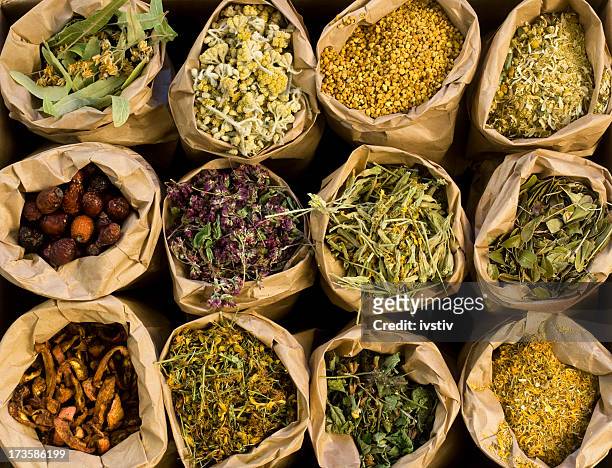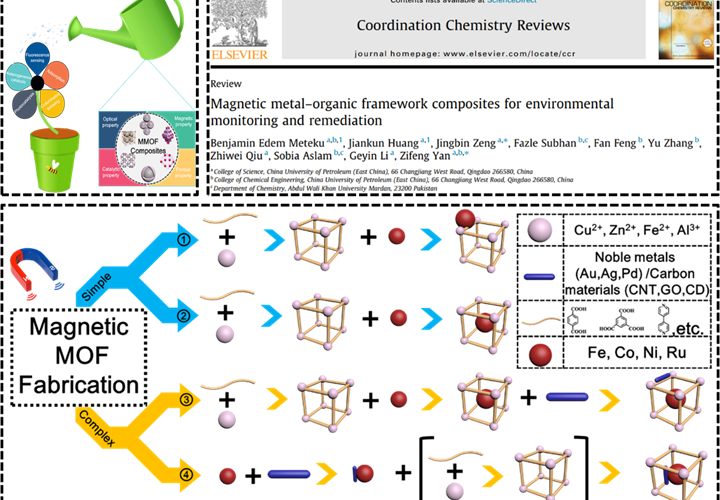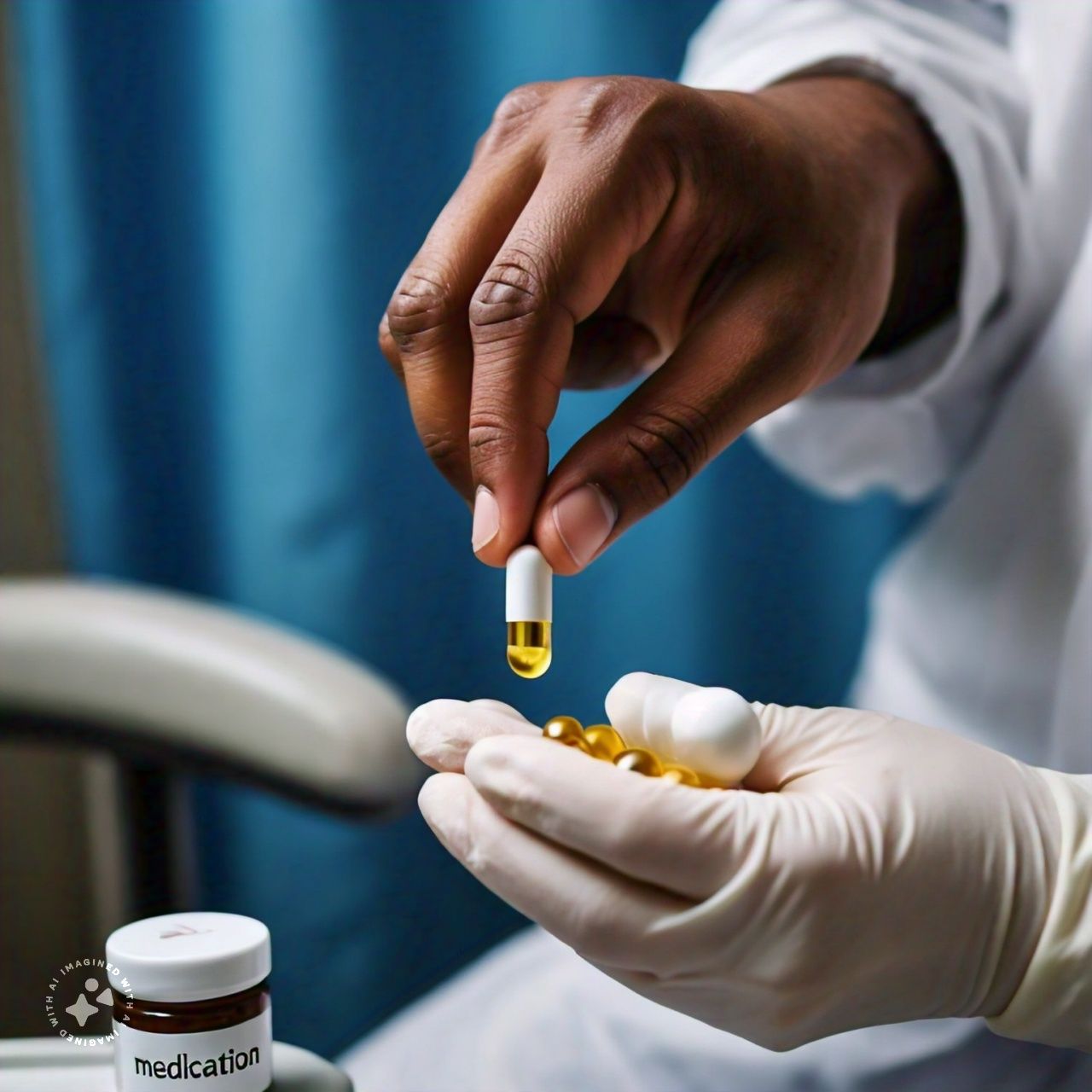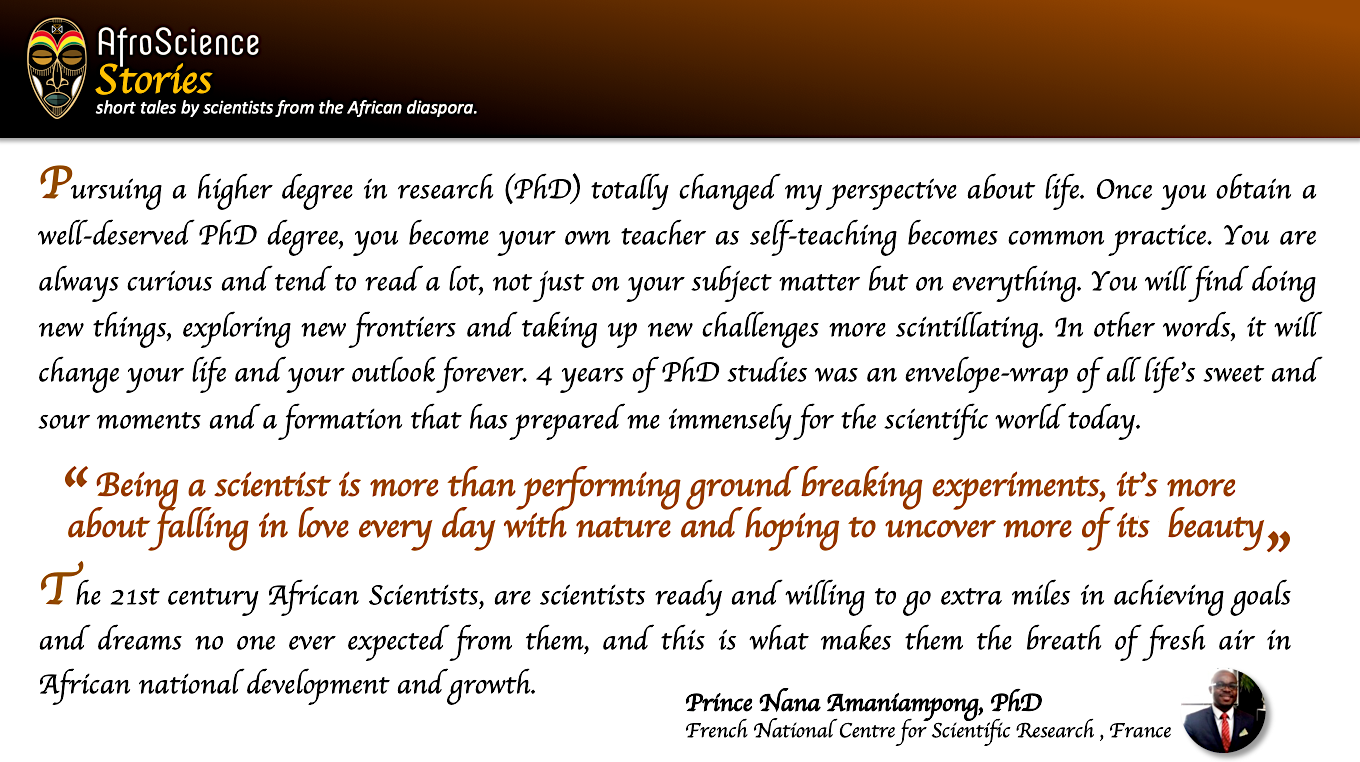In December 2019, reports emerged from the Chinese city of Wuhan of a novel coronavirus SARS-CoV-2. In Feb 2020, the respiratory disease caused by the pathogen received quite an unconventional yet sleek name – COVID-19. COVID-19 has since spread more than wildfire affecting every continent of the world. The number of deaths worldwide is over 160000 and counting, with Africa recording over 1000 so far.
The pandemic has exposed weaknesses of health systems worldwide with even advanced nations struggling to find space and therapy to treat the disease. Currently, there are no specific drugs recommended for COVID-19. Most infected people recover at home, and symptoms such as fever and aches are treated with over the counter antipyretics and painkillers. Based on anecdotal evidence, antiviral drugs, antibiotics, antimalarials, and corticosteroids are being used for treating severe conditions. Supportive care has included nutrition, rest, hydration and mechanical ventilation. It, therefore, seems fair to reason that, aside ‘orthodox’ medicine, which is still trying to find answers with regards to treatment interventions for COVID-19, options that offer remedies for the disease and its symptoms are greatly welcome for a world in medical distress.
Rightfully, China provided an example by including Traditional Chinese Medicine (TCM) in COVID-19 treatment. Inspired by the effectiveness of using TCM in treating SARS (a disease similar in epidemiology, genomics, and pathogenesis to COVID-19) in 2002-2003, about 26 provinces in China officially declared that TCM should be used in combination with conventional medicine in treating COVID-19. In February, the National Health Commission (NHC) of China reported that 85.20% of COVID-19 cases had been treated with TCM.
The expected effect of the COVID-19 pandemic on African looks grim due to a number of factors. Firstly, with a projected 10 million cases, the additional high prevalence of malnutrition, anemia, HIV/AIDs, malaria, and tuberculosis could lead to a high mortality rate. Secondly, the healthcare systems in Africa are weak and already stressed with very limited capacity to provide critical care. Thus, strategies in fighting the pandemic in Africa must include available local resources that prevent extra pressure on the already stressed healthcare system.
The WHO estimates that about 75-80% of people in developing countries rely on traditional medicine for their primary healthcare. Fortunately, African traditional medicine is endowed with enormous remedies, mostly herbal medicines, with observed evidence of effectiveness. Interestingly, hydroxychloroquine which has received massive endorsement and currently being used in the treatment of COVID-19 is an analog of quinine, a drug first isolated from the plant Cinchona officinalis, herbal medicine still used in Peru for treating fever and chills. There is enough literature on African plants that can be used to manage symptoms associated with COVID-19, an example being the African and Ghana Herbal Pharmacopoeias. There is also a number of certified herbal medicines on the African market that can be incorporated in palliative management. Again, traditional healers and professional herbal medicine practitioners can be included in medical teams managing COVID-19 patients to provide expert advice on traditional/herbal options. While at it, research can be undertaken to assess the effectiveness of these remedies and also to identify those that have a direct effect on SARS-CoV-2 for further development.
With major drug manufacturing countries like India and China halting the export of essential pharmaceutical products and APIs needed for treating the pandemic, a great opportunity has been created for African countries to develop their own medicines, especially from their traditional stock. African traditional medicine indeed has a role to play in this pandemic and in any future disease outbreaks.
Conflict Of Interest
The views and opinions expressed in this article are those of the author, and they do not purport to reflect the policies, opinions, or views of the AfroScience Network platform.
Disclaimer
This article has not been submitted, published or featured in any formal publications, including books, journals, newspapers, magazines or websites.
Be the first to comment
Please login to comment








